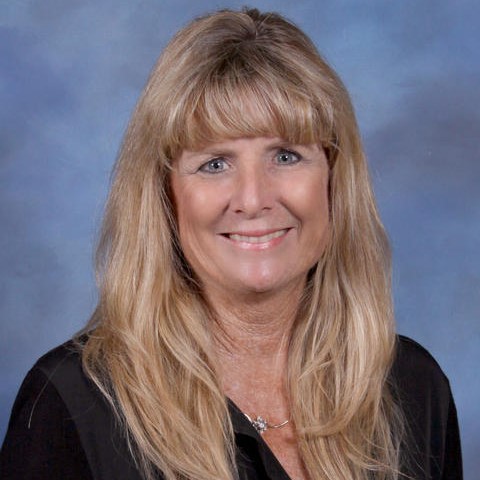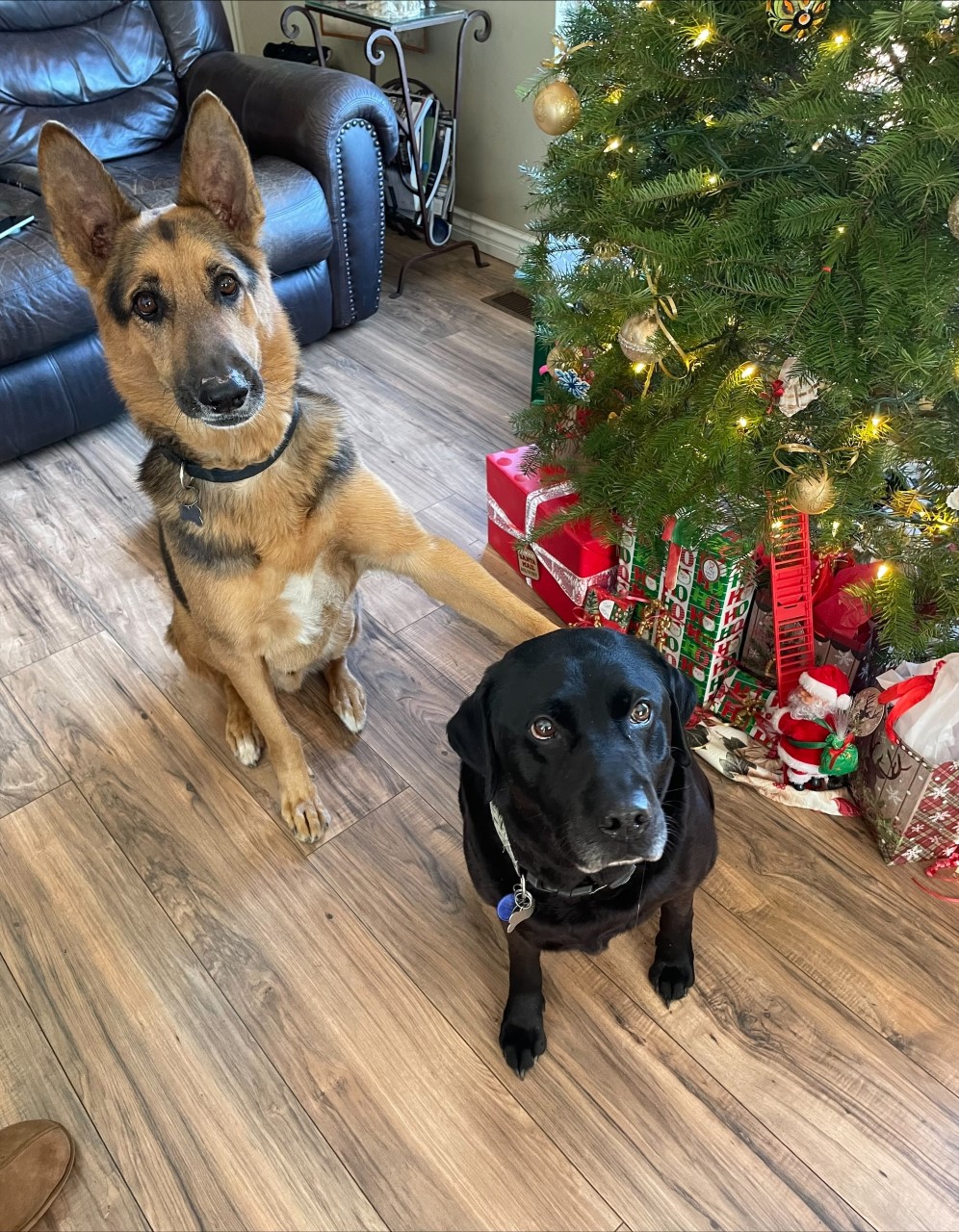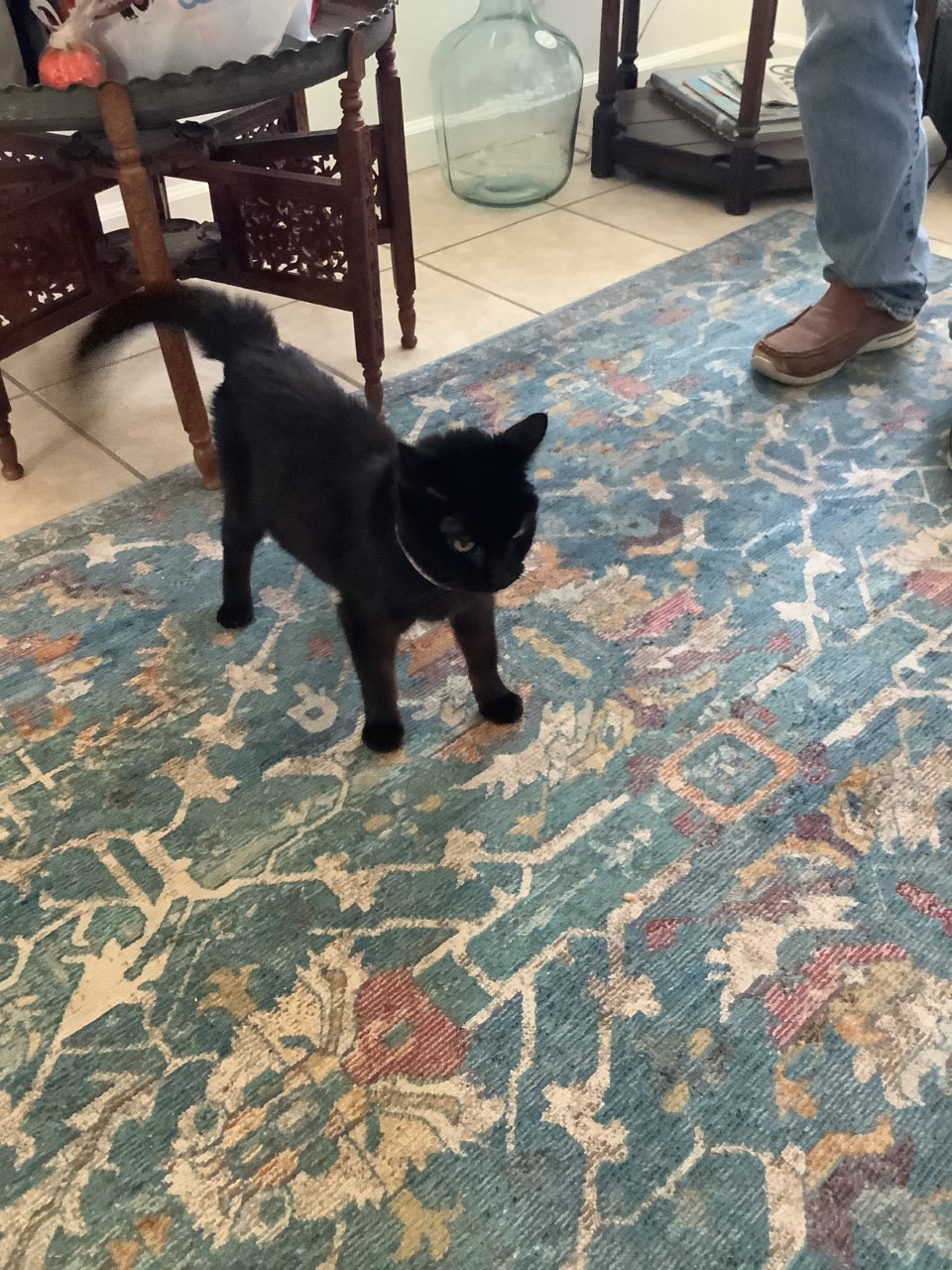The Veterinary Care Program for Low-Income Seniors Keeps Families Together
For this Program’s Coordinator, retirement gives her the chance to give back
-

“He needs hip surgery, but I don’t have the money.”
- “I can either pay for my pet’s medication or I can eat, but I can’t do both.”
- “The tumor has got to be removed, or I’m going to lose my best friend.”
When Rancho Coastal Humane Society (RCHS) launched the Veterinary Care Program for low-income seniors, we knew there was a need. We also knew we needed someone like Colette Licata, who became the Program Coordinator.
Colette spent 30 years as an elementary school teacher. She gets a warm smile when she remembers the 3rd grade students she taught until she retired in 2017. We asked what attracted her to Rancho Coastal Humane Society. Colette said, “I gave 30 years to my students, but wanted to give back to my community. As a volunteer working with the dogs, I could still give back and keep a flexible schedule.”

When Colette had the opportunity to work for RCHS as the coordinator of the new Veterinary Care Program, she didn’t hesitate. She likes that the program keeps families together by providing financial assistance and support to senior pet parents (60 years and older) who are facing economic hardship in providing veterinary care for their pets.
Since the Program officially launched last January 2021, RCHS has already helped 57 seniors with their veterinary bills and connected another 42 seniors with helpful resources. The numbers continue to increase as word gets out about the Program. It is one of the most successful programs launched in RCHS history.
Colette works closely with each senior seeking assistance, helping the pet owner through the application and evaluation process, coordinating veterinary estimates and securing the grant funding, and prompting payment for veterinary services. Colette said that she’s proud to be a part of the program. “Providing this assistance to seniors in need has led to plenty of heartfelt hugs, notes of thanks and grateful tears.”
Colette told us that partners like Paws For Elders have added to the success of the Program by covering the cost of initial veterinarian visits when clients need to get an estimate for treatment before securing the grant.

Expenses covered as part of the Veterinary Care Program include quality of life, medical issues and urgent veterinary care.
- Applicants must be on a fixed or limited income.
- Financial documentation and a written estimate and treatment plan from an accredited San Diego County veterinarian is required.
You might know a senior in need whose pet can benefit from the veterinary care this Program can provide. Tell them about the Program and Colette.
To learn more about the Veterinary Assistance Program and other RCHS programs for seniors, visit SDPets.org/senior-programs. You can donate directly to support the Program by visiting SDPets.org/Give
